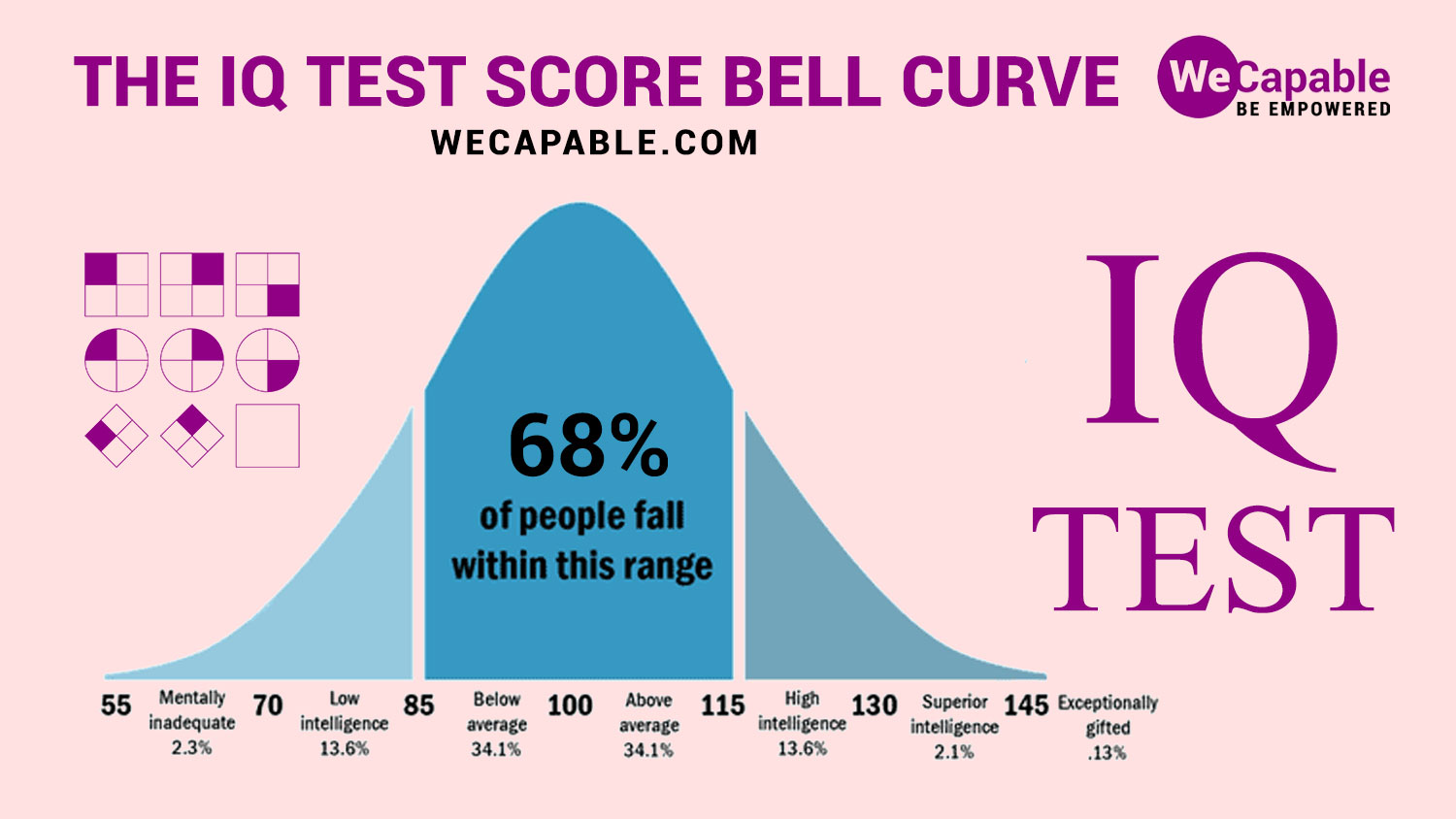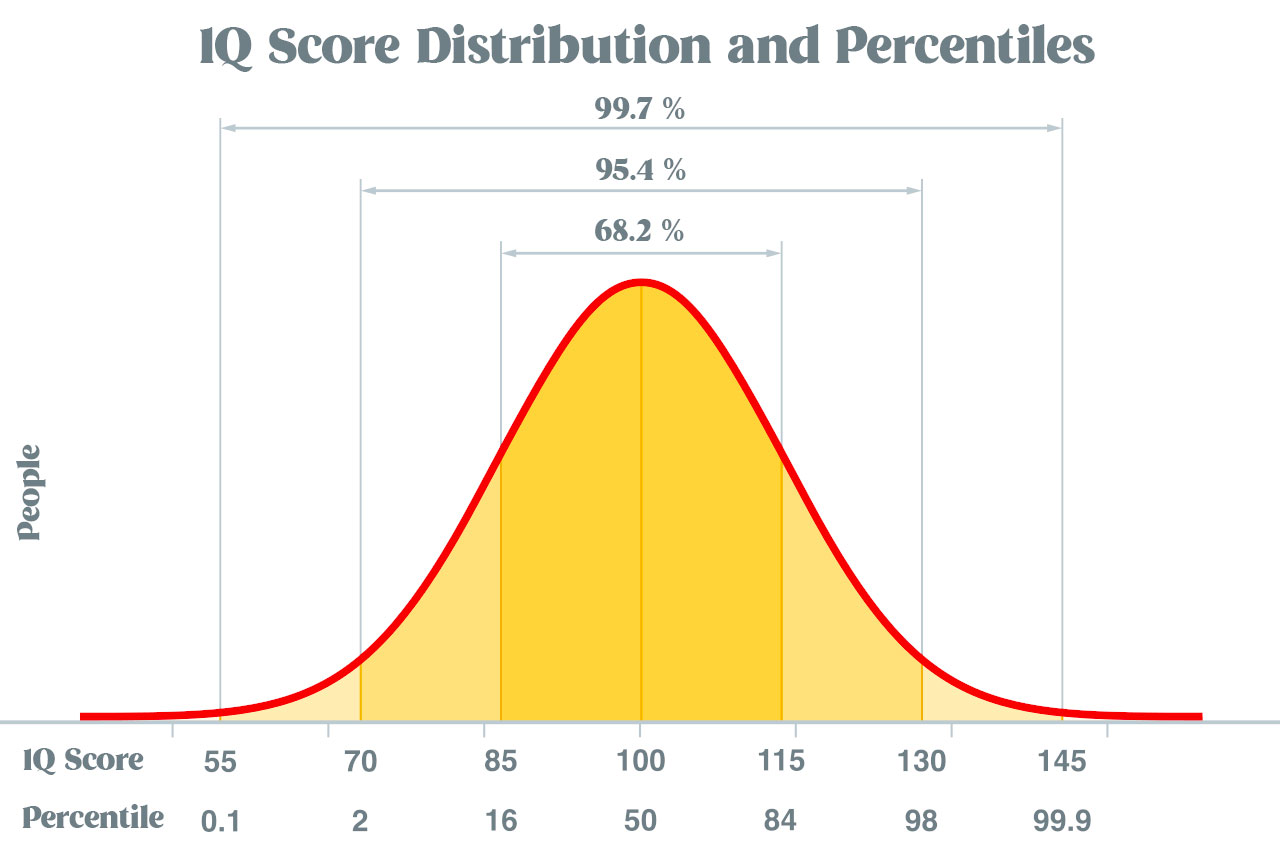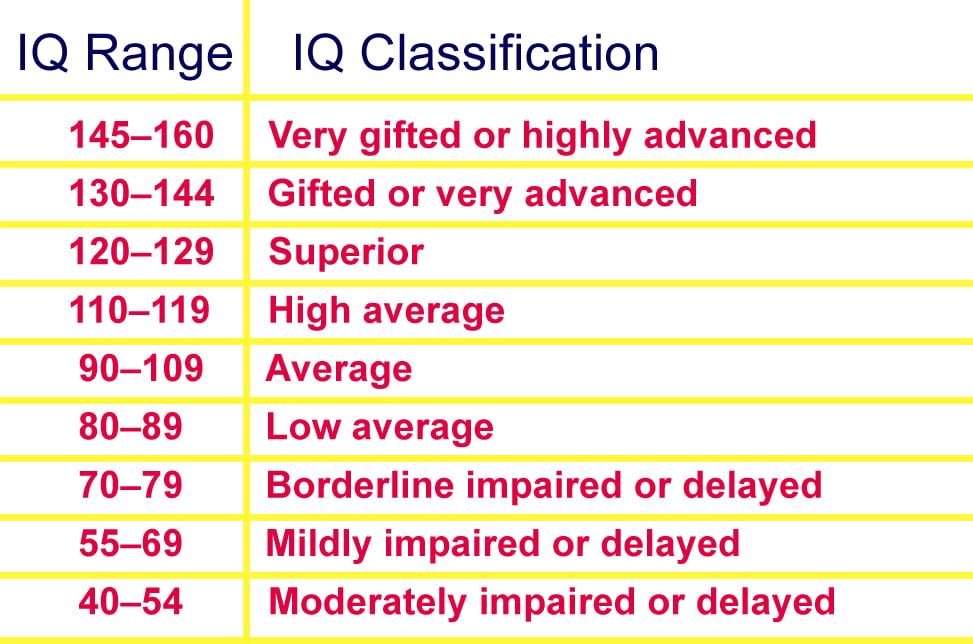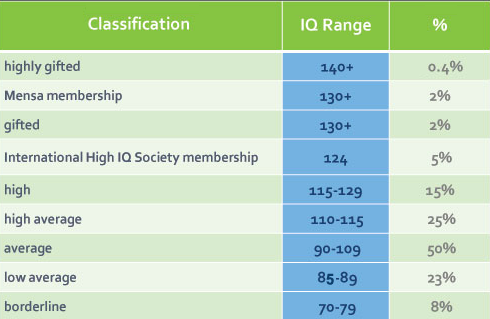The Future of Intelligence: Exploring the Implications of Escalating IQ Scores
The Future of Intelligence: Exploring the Implications of Escalating IQ Scores
Introduction
With great pleasure, we will explore the intriguing topic related to The Future of Intelligence: Exploring the Implications of Escalating IQ Scores. Let’s weave interesting information and offer fresh perspectives to the readers.
Table of Content

The Future of Intelligence: Exploring the Implications of Escalating IQ Scores
The human intellect, a remarkable tapestry of cognitive abilities, has long captivated the minds of philosophers, scientists, and laypeople alike. While the nature of intelligence itself remains a subject of ongoing debate, one thing is clear: the potential for human cognitive capacity to evolve is a compelling and complex topic.
Speculation surrounding the future of intelligence often centers around the notion of an "escalating IQ," a hypothetical scenario where the average IQ score across populations demonstrably increases over time. While this concept is intriguing, it is essential to approach it with caution, recognizing the limitations of current understanding and the inherent complexities involved.
Understanding the Concept of IQ and its Limitations
The Intelligence Quotient (IQ) is a standardized score designed to measure cognitive abilities relative to a statistically defined norm. It is typically derived from standardized tests that assess various cognitive domains, such as verbal comprehension, reasoning, and problem-solving. While IQ scores provide a useful tool for understanding individual differences in cognitive abilities, it is crucial to acknowledge their limitations:
- IQ is a snapshot, not a comprehensive measure: IQ scores reflect a specific point in time and do not capture the full spectrum of human intelligence. Factors like emotional intelligence, creativity, and practical skills are not typically assessed by traditional IQ tests.
- IQ is influenced by environmental factors: A multitude of factors, including socioeconomic background, access to education, and cultural influences, can impact an individual’s IQ score.
- IQ is not deterministic: While IQ scores can provide insights into cognitive potential, they do not dictate an individual’s future achievements or life trajectory.
Exploring Potential Drivers of an Escalating IQ
The concept of an escalating IQ in the future is not entirely unfounded. Several factors could potentially contribute to an increase in average cognitive abilities:
- Advances in Neuroscience and Education: Continued research in neuroscience and education may lead to a deeper understanding of the brain and more effective learning strategies. This could potentially enhance cognitive development and learning outcomes, leading to higher IQ scores.
- Improved Nutrition and Healthcare: Better access to nutritious food and quality healthcare can contribute to improved physical and cognitive development, potentially leading to higher IQ scores.
- Technological Enhancements: The increasing prevalence of technology, particularly in areas like artificial intelligence and virtual reality, could potentially stimulate cognitive development and enhance learning experiences.
- Genetic Factors: While the role of genetics in intelligence is complex and still being explored, it is possible that genetic factors could contribute to an increasing average IQ over time.
The Challenges and Considerations of an Escalating IQ
While the prospect of an escalating IQ may seem appealing, it is crucial to consider the potential challenges and implications:
- Defining "Intelligence" and its Value: If average IQ scores increase, what implications would this have for our understanding of intelligence itself? Would our definition of "smart" need to be redefined?
- Social and Economic Disparities: An increase in average IQ could exacerbate existing social and economic inequalities, particularly if access to resources and opportunities remains uneven.
- The Importance of Non-Cognitive Skills: While cognitive abilities are important, it is crucial to remember that other skills, such as emotional intelligence, creativity, and social skills, are equally valuable in navigating a complex world.
- Ethical Considerations: As we delve deeper into the nature of intelligence and its potential for enhancement, ethical considerations surrounding genetic manipulation, neurotechnology, and the potential for unintended consequences become paramount.
Conclusion: Embracing the Future of Intelligence with Caution and Responsibility
The future of human intelligence is a topic ripe with possibilities and complexities. While the concept of an escalating IQ is intriguing, it is essential to approach it with a critical lens, acknowledging the limitations of current understanding and the potential for unintended consequences.
Instead of focusing solely on increasing IQ scores, we should strive to foster a future where all individuals have access to opportunities that enable them to reach their full potential, regardless of their cognitive abilities. This requires a holistic approach that emphasizes not only cognitive development but also the cultivation of emotional intelligence, creativity, and social skills. Ultimately, the future of intelligence should be guided by a commitment to fostering a more just, equitable, and fulfilling society for all.
FAQs about Escalating IQ Scores
Q: What are the potential benefits of an escalating IQ?
A: A higher average IQ could potentially lead to advancements in science, technology, and innovation. It could also contribute to greater problem-solving abilities and improved societal decision-making.
Q: What are the potential risks of an escalating IQ?
A: An escalating IQ could exacerbate existing social and economic disparities. It could also lead to a narrow focus on cognitive abilities, potentially neglecting other important skills and values.
Q: How can we prepare for the potential of an escalating IQ?
A: We can prepare by focusing on equitable access to education, healthcare, and other resources that promote cognitive development. We should also emphasize the development of non-cognitive skills, such as emotional intelligence and creativity.
Q: What are the ethical implications of manipulating intelligence?
A: The ethical implications of manipulating intelligence are complex and require careful consideration. It is crucial to ensure that any interventions are ethically sound, respect individual autonomy, and promote a just and equitable society.
Tips for Navigating the Future of Intelligence
- Embrace Lifelong Learning: Continuously seeking knowledge and expanding your understanding of the world is essential for navigating a future shaped by evolving intelligence.
- Cultivate Emotional Intelligence: Develop your ability to understand and manage your own emotions and those of others. This is crucial for effective communication, collaboration, and navigating complex social situations.
- Embrace Creativity and Innovation: Foster your creative thinking skills and embrace new ideas. Innovation is essential for addressing the challenges and opportunities of the future.
- Promote Social Responsibility: Advocate for policies and initiatives that promote equity, justice, and sustainability. A more just and equitable society is essential for realizing the full potential of human intelligence.
Conclusion: A Future of Intelligence Defined by Inclusivity and Purpose
The future of intelligence is not solely about achieving higher IQ scores but about creating a world where all individuals can thrive and contribute their unique talents and perspectives. By embracing a holistic approach that values both cognitive and non-cognitive skills, promotes equity, and fosters a sense of social responsibility, we can pave the way for a future where intelligence is not just about scores but about creating a more just, equitable, and fulfilling world for all.



/cdn.vox-cdn.com/uploads/chorus_asset/file/6530521/Screen%20Shot%202016-05-23%20at%209.07.16%20AM.png)




Closure
Thus, we hope this article has provided valuable insights into The Future of Intelligence: Exploring the Implications of Escalating IQ Scores. We thank you for taking the time to read this article. See you in our next article!